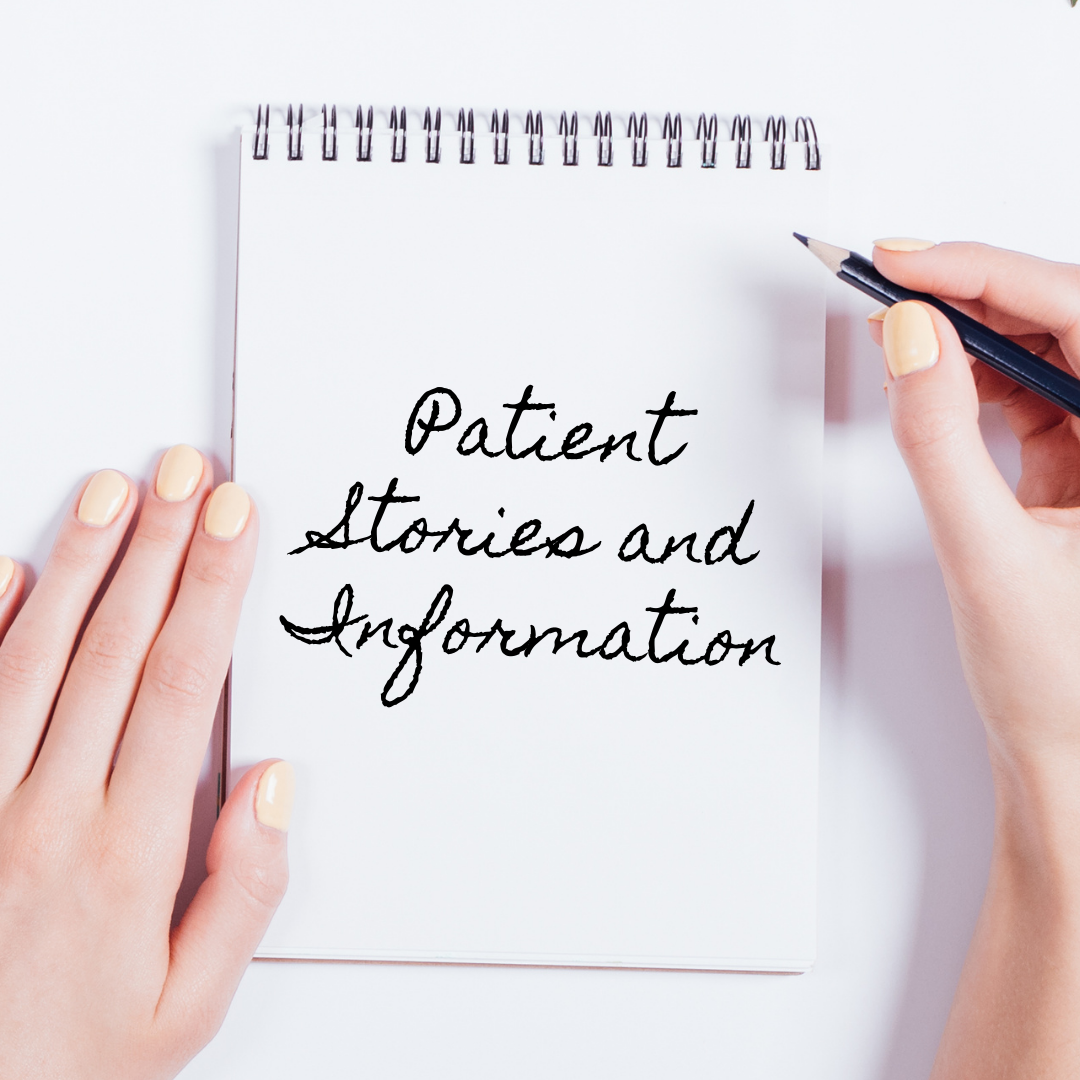What Is Chemo Brain?
Anyone going through cancer treatment knows that the side effects are one of the worst things about having cancer. It’s something you can’t escape and often have no control over. While everyone may experience different side effects and reactions to chemo, at the end of the day we all know chemo is an overall unpleasant experience. Surprisingly before having cancer, I actually didn’t know much about the side effects or what to expect for chemo. I suppose it’s like most things in life, people rarely know the nature of something so devastating unless they have experienced it themselves, either directly or indirectly.
One of the very real effects I was unaware of was “chemo brain.” Also known as chemo fog, cancer-related cognitive impairment, or cognitive dysfunction, chemo brain is where cancer patients experience the following:
- Memory loss - this includes short term memory
- Verbal memory (e.g. remembering a conversation)
- Visual memory (e.g. remembering a small shopping list)
- Difficulty multitasking
- Confusion
- Difficulty thinking (mental fogginess)
- Concentration issues/ having a short attention span
- Difficulty learning a new skill
What Are The Impacts Of Chemo Brain?
Chemo brain can happen during and/or after cancer treatment and can last anywhere from a few weeks to a few years, or in some cases last permanently. I've spoken to people currently going through treatment who experience chemo brain as well as people who finished treatment years ago that still suffer from this side effect. Chemo brain affects up to three-quarters of people during or soon after treatment for cancer. So remember that if you’re experiencing any of this, you are not alone. It is a very real thing and you’re not going crazy!
While it hasn't been bad enough for me yet that I have gotten lost in the street or have had nurses intervene, it’s still quite debilitating and can be difficult to deal with on an everyday basis. You know that feeling when you go upstairs because you left something, only to get into your bedroom and then have no clue why you went in there? Yeah, it’s that, but on a larger scale. Imagine having to write down a thought as soon as you think of it because you know in 60 seconds it would have gone out of your head forever. I don’t think I have ever used the phrase “oh never mind, I can’t remember what I said” in my life as much as I have over the past 7 months!
I struggled with this side effect for a long time before I even knew it was a real thing, I thought I was going mad! Having previous dealt with mental health issues, including anxiety and depression, didn’t help. It seemed like my brain was malfunctioning, but I didn’t speak to anyone about it. Which we all know is never the answer, you should ALWAYS speak about your problems and side effects during cancer. If you are feeling any symptoms of chemo brain, consult your doctor to discuss any available treatment options. You should also consider speaking to a mental health professional, as this can help manage the day-to-day challenges of dealing with chemo brain. Once I spoke about how I had been feeling, I found out a whole lot about chemo brain and how to help myself.
How To Deal With Chemo Brain?
If you are experiencing these side effects or are helping someone through cancer and notice any of the symptoms above, here are some tips to help with chemo brain:
- Speak to your nurse or consultant. Other side effects from treatment, such as lack of sleep, depression or early menopause, may be affecting you and contributing to your chemo brain. You can also be referred to a neuropsychologist, who is a specialist who deals with chemo brain.
- Exercise your brain with thinking and memory exercises. There are plenty of apps as well as books on Amazon that can be helpful for this.
- Meditation can bring you clarity and calm. Stressful situations and anxiety can worsen memory issues so learning some relaxation techniques can help.
- Stay as organized as possible, write down appointment dates and times in your calendar, put reminders on your phone, have a notepad laying around. You can also get a small whiteboard that has your daily to-do list and important information for day-to-day.
- Exercise can help with fatigue, stress, and depression which can all attribute to memory loss so a walk can help clear your head of distractions and make it less foggy.
- Find an online or in-person support group. This can be a great way to connect with others going through their cancer journeys who may be experiencing the same emotional or physical impacts of chemo.
Don't give yourself a hard time, chemo brain can be such a frustrating side effect of treatment and unfortunately, there isn’t a cure for chemo brain, it really is just one of these things that us cancer patients have to look at and laugh. There are many different treatments that the nurses can go through with you so always speak to your nurses if you are having any of these issues and just like everything else, you've got this!

About The AuthorHi, my name is Taylor, I'm 25 and I live in Kent in South East England. I was diagnosed with Stage III Classical Hodgkin's Lymphoma in March 2020. After IVF treatment, I started chemotherapy in April and have finished all 6 cycles (12 rounds) which means I am now officially in remission! I am waiting for my final PET scan to confirm every ounce of cancer has gone which will be at the end of October. You can follow along my cancer journey on Instagram at @taylorandherhl.
You can find more information on diagnosis and treatment options for chemo brain here.
If you are looking for more resources and support surrounding cancer, check out our other blogs:
- 5 Things No One Told Me About Chemotherapy
- Gift Ideas For A Patient Undergoing Chemotherapy
- Online Support Groups For Cancer Patients And Caregivers
Want to share your story?Let us know in the comments or email us atwecare@careandwear.com. We love hearing from our community members!










Leigh Smith
April 19, 2022
Thank you for sharing your experience with this. I was also unaware of “chemo brain” until I stumbled upon this article which led me to do more research: https://www.jfscare.org/how-can-you-reduce-the-effects-of-chemo-brain/ These tips and yours have been quite helpful. Thanks again!